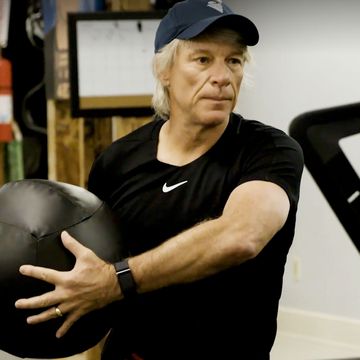Americans sure do love their vitamins and supplements. Every year, we spend a whopping $20 billion on them. But if you think all that cash is going to buy you a longer life, think again. A new study in this week’s Archives of Internal Medicine suggests that some supplements may actually shorten your life.
In the study, researchers used information from 40 thousand women who filled in questionnaires several times over the last 22 years. They answered questions about all sorts of health issues, including supplement use.
Matching this data to records from the state health registry and the National Death Index, the researchers identified seven supplements that actually seemed to be hastening death. Those include vitamin B6, folic acid, iron, magnesium, zinc, copper, and even your innocent-looking multivitamin.
Some of them only slightly increased the risk of death during the study period. For example, multivitamins nudged it up by 2.2 percent. However, others were more substantial; copper, for example, increased the risk of death by about 18 percent.
More from MensHealth.com: Who's Spiking Your Supplements?
These results don’t just apply to the fairer sex, says study leader Jaako Mursu, Ph.D. of the University of Eastern Finland and the University of Minnesota. Lots of previous supplement use studies that included men have shown the same thing: If you don’t have a documented nutritional deficiency, taking extra vitamins and minerals doesn’t seem to help, and it may even harm.
Mursu adds that anything—even water—can be hazardous in huge quantities. Supplements usually contain megadoses of many vitamins and minerals that you’d never find in food. Also, food usually contains vitamins and minerals in vastly different forms and combinations than those found in supplements—all potential reasons popping a pill for your nutrients might not be the best plan.
“Usually, what we advise is to eat a lot of fruits and vegetables and whole grains,” Mursu says. Whole foods are packed with more than enough vitamins and minerals (in addition to other important components, like fiber), in combinations that appear to be far more beneficial than those in vitamin pills. Eating lots of different foods means you get the whole complement of nutrients without ever setting foot in a supplement store.
“If you’re not allergic or don’t have a specific reason, don’t exclude anything,” Mursu adds. “You can’t go wrong with the idea that if you plenty of plant food and minimize processed food, nutrient intake will be high enough for most people.”
More from MensHealth.com: How Supplements Deceive You













